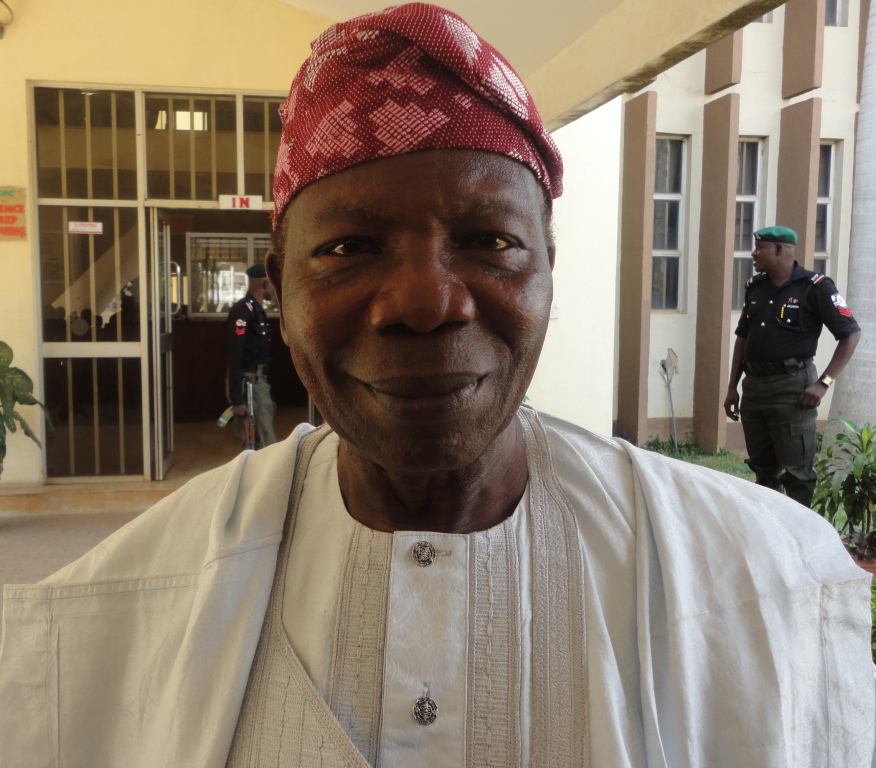A Board Member of the ICPC Prof Olu Aina, OFR has won an award for presenting the best paper at the International Conference organized by the International Islamic University Chittagong, Bangladesh held in December 2014. Click here to download paper.
ICPC Board Member Wins Award for Best Paper at an International Conference


